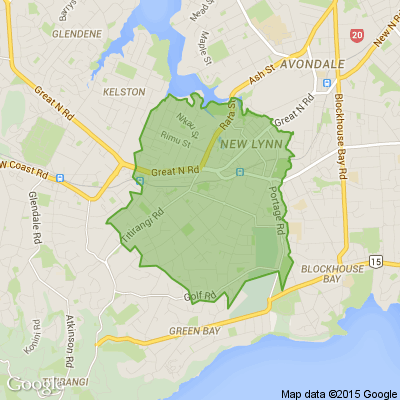Parental leave entitlements for new and expecting parents will increase from tomorrow-- 1 July
The Government will bump up paid parental leave as legislative changes take effect from tomorrow. It is timely that employers update policies and procedures so that staff are aware of their new entitlements.
More paid parental leave
====================
From July 1, the paid parental leave period will increase from 22 weeks to 26 weeks. Eligible expecting employees will be entitled to 26 weeks' paid parental leave to care for babies due or born from 1 July 2020. Primary carers such as adoptive parents are entitled to 26 week's paid parental leave for children under the age of six placed in their care from 1 July 2020. More paid parental leave will support working families with new borns and young children by reducing financial stress and increasing time for bonding and breastfeeding.
More 'keeping in touch days'
=======================
'Keeping in touch days' allow employees to work limited hours for their employer, while receiving their paid parental leave entitlements from the Government. From 1 July 2020, keeping in touch days will increase from 52 to 64 hours. Employees on parental leave will be able to work up to 64 hours without losing their entitlement to paid parental leave. This change will help support workers stay in contact with their employer for longer while receiving paid parental leave. Employees can attend team days, training, and perform other work during keeping in touch days. The change to parental leave provisions will be welcomed by new and expecting Kiwi parents.
Employees are more likely to take 6 months' parental leave that is paid, giving employers greater certainty about the length of time to replace the role. Many Kiwi employers face the challenge of finding cover for staff on parental leave. Employers may find it easier to replace the employee for a period of 26 weeks than 22 weeks.
Research suggests fewer primary carers return to the workforce following a longer parental leave. However, employers can attract staff back to work through effective policies like flexible working arrangements. Offering flexible working arrangements and attractive return to work policies has proven successful for Vodafone. The digital services employer tops up parental leave payments to an employee's full salary for 22 weeks. Vodafone's phased return to work policy has proven popular with staff returning from parental leave. For their first six months after returning to work, staff are only required to work 30 hours per week but are paid full salary based on 40 hours per week. Since this policy has been in place, 97% of Vodafone employees have returned to work following a period of parental leave. While paid parental leave is fully tax-payer funded, employers should check how legislative changes affect additional entitlements under workplace policies.
========================================================
What word sums up 2024, neighbours?
If 2020 was the year of lockdowns, banana bread, and WFH (work from home)....
In one word, how would you define 2024?
We're excited to see what you come up with!

⚠️ DOGS DIE IN HOT CARS. If you love them, don't leave them. ⚠️
It's a message we share time and time again, and this year, we're calling on you to help us spread that message further.
Did you know that calls to SPCA about dogs left inside hot cars made up a whopping 11% of all welfare calls last summer? This is a completely preventable issue, and one which is causing hundreds of dogs (often loved pets) to suffer.
Here are some quick facts to share with the dog owners in your life:
👉 The temperature inside a car can heat to over 50°C in less than 15 minutes.
👉 Parking in the shade and cracking windows does little to help on a warm day. Dogs rely on panting to keep cool, which they can't do in a hot car.
👉 This puts dogs at a high risk of heatstroke - a serious condition for dogs, with a mortality rate between 39%-50%.
👉 It is an offence under the Animal Welfare Act to leave a dog in a hot vehicle if they are showing signs of heat stress. You can be fined, and prosecuted.
SPCA has created downloadable resources to help you spread the message even further. Posters, a flyer, and a social media tile can be downloaded from our website here: www.spca.nz...
We encourage you to use these - and ask your local businesses to display the posters if they can. Flyers can be kept in your car and handed out as needed.
This is a community problem, and one we cannot solve alone. Help us to prevent more tragedies this summer by sharing this post.
On behalf of the animals - thank you ❤️









 Loading…
Loading…





